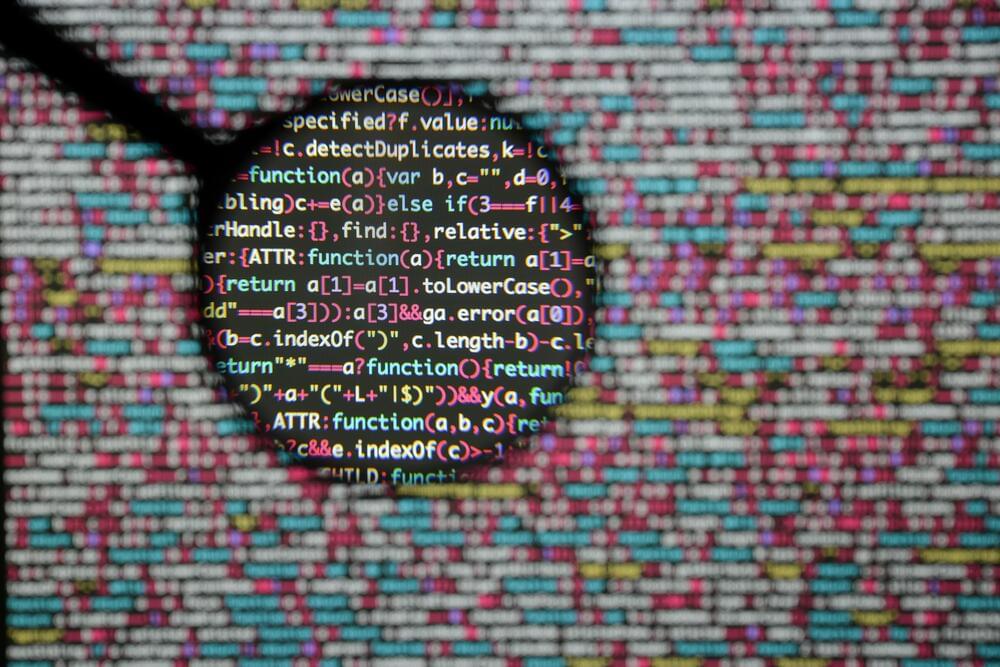Cybercriminals exploit CVE-2024–40711 in Veeam to deploy ransomware, targeting unpatched systems and compromised VPNs.



“This makes the scam much harder to spot, as the information provided is personally relevant to the victims, arrives via the expected communication channel, and the linked, fake websites look as expected.”
What’s more, the diversification of the victimology footprint has been complemented by improvements to the toolkit that allow the scammer groups to speed up the scam process using automated phishing page generation, improve communication with targets via interactive chatbots, protecting phishing websites against disruption by competitors, and other goals.
Telekopye’s operations have not been without their fair share of hiccups. In December 2023, law enforcement officials from Czechia and Ukraine announced the arrest of several cybercriminals who are alleged to have used the malicious Telegram bot.

O.o!!!!
OpenAI has disrupted over 20 malicious cyber operations abusing its AI-powered chatbot, ChatGPT, for debugging and developing malware, spreading misinformation, evading detection, and conducting spear-phishing attacks.
The report, which focuses on operations since the beginning of the year, constitutes the first official confirmation that generative mainstream AI tools are used to enhance offensive cyber operations.
The first signs of such activity were reported by Proofpoint in April, who suspected TA547 (aka “Scully Spider”) of deploying an AI-written PowerShell loader for their final payload, Rhadamanthys info-stealer.


Google has implemented increasingly sophisticated protections against those who would compromise your Gmail account —but hackers using AI-driven attacks are also evolving. Here’s what you need to know.
Sam Mitrovic, a Microsoft solutions consultant, has issued a warning after almost falling victim to what is described as a “super realistic AI scam call” capable of tricking even the most experienced of users.
It all started a week before Mitrovic realized the sophistication of the attack that was targeting him. “I received a notification to approve a Gmail account recovery attempt,” Mitrovic recounts in a blog post warning other Gmail users of the threat in question. The need to confirm an account recovery, or a password reset, is a notorious phishing attack methodology intended to drive the user to a fake login portal where they need to enter their credentials to report the request as not initiated by them.

(NEXSTAR) — The Internet Archive, a popular digital library known for its Wayback Machine, was hacked and suffered a data breach that reportedly exposed 31 million user accounts.
Founder Brewster Kahle confirmed in a post on the social media platform X that a cyberattack on Tuesday knocked the website offline. He also said that usernames, emails, and encrypted passwords had been compromised.
“Services are currently stopped to upgrade internal systems,” Kahle wrote in a Thursday update. “We are working to restore services as quickly and safely as possible. Sorry for this disruption.”



